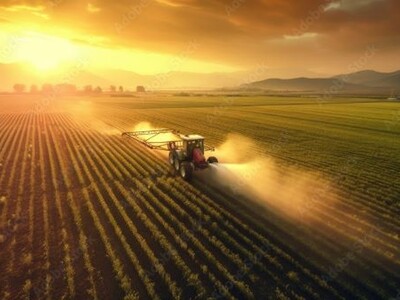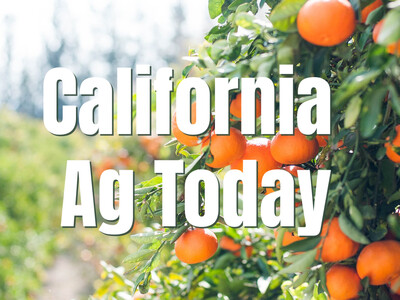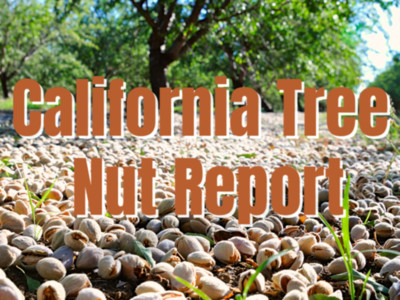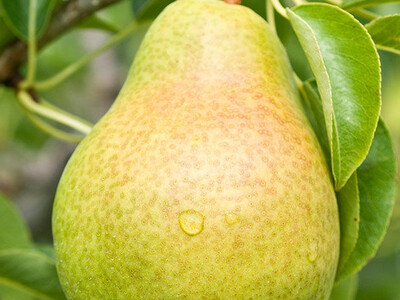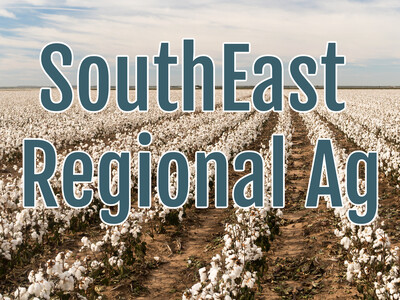Delving Into New Study
Delving Into New Study. I’m Greg Martin as Line On Agriculture presents the Harvest Clean Energy Report.
A new report has just been released out of the
SMITH: It became obvious to 25 x ’25 that there was insufficient documented evidence of the impacts of cap & trade on agriculture and forestry and we’d seen a number of different reports that came out of different sectors, some of which were conflicting. USDA had some information, other private folks had some information but there didn’t seem to be a collection of thought around focusing on agriculture and forestry and the impacts of this legislation on those entities.
Many groups cherry picked what information there was available to make their own point about this legislation so the whole issue became very clouded and Smith says that galvanized them to get some answers.
SMITH: 25 x ’25 did not have any preconceived notions of where this research would be. Clearly if it was not at least revenue neutral to agriculture we would have backed away from this whole issue as well but due to the controversy around its impact we put out a request for proposal for a research project that would analyze these impacts in a number of different areas.
Smith also says that it does seem that this path is inevitable.
SMITH: If this research project does anything it shows the importance of agriculture and forestry engaging in the process of developing the legislation to position ourselves in the best possible way so that we can survive economically and environmentally this changing world that we’re in. The world is clearly going down this road.
The study states that under a properly constructed cap-and-trade program, net returns for virtually all major crops are positive. But, the study goes on to show that if carbon emissions are regulated by EPA, as prescribed under a 2007 Supreme Court ruling, net farm income will fall below baseline projections. The report goes on to say that an operationally efficient cap-and-trade program that allows multiple offsets, including those for bioenergy crop production, while restricting the removal of crop residues to acceptable, environmentally beneficial levels, offers positive net returns for eight of the nine major crops analyzed. The assessment was completed by the
For additional information on clean energy, visit harvestcleanenergy.org. That’s today’s Line On Agriculture. I’m Greg Martin on the Northwest Ag Information Network.








